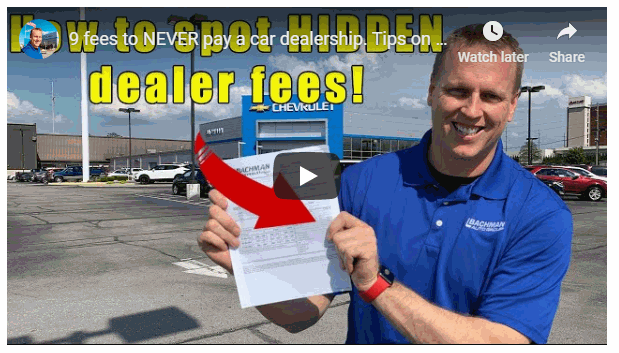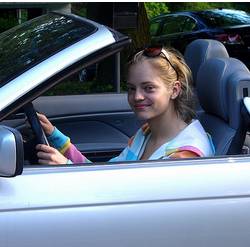Getting a car can be an exciting experience; however, it can also be stressful. There are many things you have to consider before acquiring a new one. The amount of money you have in the bank, the price of the vehicle you want and its condition, the plan for your current car, and deciding whether to lease or buy are a few of the factors you need to keep in mind before getting involved with a dealership. It isn’t an easy decision to make. There are a lot of costs and fees associated with a car, so you have to be prepared before making such a commitment. The following steps will help you simplify the process of obtaining your next vehicle.
Determine the Budget
The first thing you must do before attempting to get a car is to find out your price range. Think about how much money you have saved for that expense. Then, analyze whether you want to trade-in or sell your current vehicle. Last but not least, think about the down and monthly payments. You have to be comfortable with what you pay. Don’t get in financial trouble just because you fancy the latest luxury model you know you can’t afford. Get your numbers right and go from there. Searching for the ideal vehicle is not difficult as long as you follow the right steps. Find out your price range and make sure to not deviate from it. Take into consideration the value of your current car.
Appraise Your Vehicle
Before you trade-in or sell a car, you must know how much you can get out of it. Selling your car in a “private-party sale” is usually much more profitable but involves a lot more hassles. You need to find a good prospect that hopefully accepts your terms and pays what you want. You can get an idea of what your car is worth from websites like Kelly’s Blue Book. They will tell you three prices what you would pay to buy your car from a dealer (highest price), what you should be able to get (or pay) in a private party sale and how much you should expect as a trade-in to a dealer (lowest price). Generally, the private party saleprice is about half-way between what you would pay to a dealer and what a dealer would give you as a trade-in.
A trade-in is easier, but dealerships won’t offer good deals. If your car direly needs major repairs, don’t expect to get much. Keep in mind dealers have to fix anything that is damaged and make sure they can resell it for a profit. But generally, they don’t even do that if it needs too much work they simply ship them to an auction house who also gets a cut of the value so the dealer has to offer even less for it.
Research Thoroughly
Searching for your next car also requires gathering vital information. There is a boatload of data online you can use to find out everything about any desired vehicle. First, make a list of vehicles that capture your interest and are within your budget. Then, pay attention to other things you might like in a car like safety and quality. There are a variety of sites like Consumer Reports that will tell you how reliable a certain model of car is. Other sites will give you customer satisfaction information. If safety is one of your concerns, you can check the features of every car to see if they match your needs. Anti-lock brakes and traction control, for example, can allow you to maneuver a car into safety if the road is too slippery. In terms of quality, expensive cars aren’t always the best alternative, so keep that in mind. Of course, all of this information may pertain to an individual model but tells you nothing about a specific car. If you are interested in a used car, remember that a free VIN check can save you plenty of future headaches by weeding out a “lemon”.
Decide to Buy or Lease
As you prepare to buy a car, you have to ask yourself a question, “Do I want to buy or lease?” Now, both have similarities but definitely aren’t the same. Leasing a car requires astoundingly good credit and has high insurance costs. Moreover, you can’t customize the vehicle or add too much mileage (i.e. you are limited to the number of miles you get each year if you use more you get charged a penalty at the end of the lease). Although, the down and monthly payments can be lower than those required to buy a car you don’t own it and at the end of the lease you have to return it (so you can’t use it as a downpayment on your next vehicle.
When you buy a car, you have to pay more upfront, but you can keep the car and use it as much as you like. Leasing is convenient for those that change cars every few years or so and need a reliable vehicle. But you pay considerably more for the privilege. The only time leasing actually makes economic sense is if you have a business. Businesses can write off the full amount of a lease as a business expense where if they buy they have to use a depreciation schedule for their write-offs. Buying is ideal if you want to keep the car for the long run (which drastically reduces your average annual expense). Imagine having several years after your car is paid off with zero car payments but slightly larger (and probably slowly increasing maintenance costs). During those years you should be saving up for your next vehicle so you can pay cash and save on expensive interest payments. At some point, the maintenance will get too expensive or inconvenient, at that point you can consider replacing your vehicle with a newer model.
You might also like:



